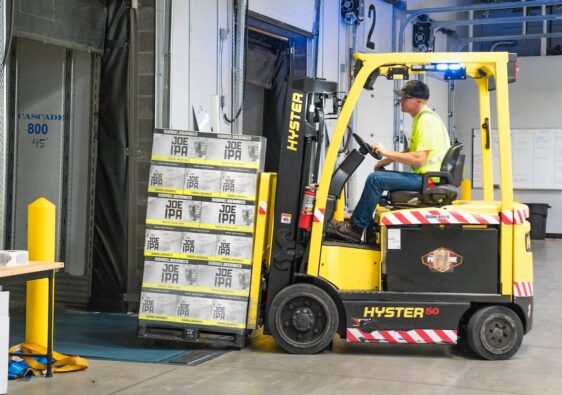If you’ve suffered an accident at work that wasn’t your fault, your next steps might be time-consuming and emotionally draining. But no matter the pain and inconvenience, it’s important to know your rights and secure some compensation.
Regardless of your age or professional background, it’s important to seek justice and peace of mind after your accident. In the following article, we’ll help you to understand the first steps you should take in the aftermath.
What to do after an accident at work: Our 5 most important steps
- Seek medical attention as soon as possible
Your first priority is to look after your health and well-being.
It’s a legal requirement for your workplace to have a first aider on-site with access to a first aid kit. But if your injury is serious, an ambulance might be called to your work and someone from your team should then go to the hospital with you.
Otherwise, you might need to visit your GP soon after the accident. Regardless of how you seek help, it’s important to keep a record where possible. The treatment you need to receive will be used as evidence of the accident on your record.
- Report the accident at work
Make sure you report the incident as soon as possible after it’s occurred. Even though your employer is required to keep an accident book and log all events, you should still tell your line manager – preferably in writing – the details of what happened.
The report should include:
- The process you used to report the accident
- Any relevant instructions you followed from your employer
- Incidents or mistakes before the accident occurred
- Training (or lack thereof) that is relevant to the type of accident
If you can’t report the incident yourself due to the nature of your injuries, make sure you ask a friend or family member to write to your employer on your behalf. Their report should include details of anyone who witnessed the accident or helped you afterwards.
- Collect evidence and witness statements
As soon as you feel well enough to do, it’s important to collect as much evidence as you can. This can help in any legal matters you may face, where you have to consult a lawyer who specializes in fighting for injured workers. You could always ask a trusted friend or family member to do this for you if you’re too unwell. Your collection of evidence might include:
- Photographs and videos of your injury
- Evidence of any broken equipment
- Photos of the scene of the accident
- Uneven flooring or a lack of signage
- Note down any financial losses, including recovery costs
If you’re preparing to make a personal accident compensation claim, you’ll need to come prepared with details of financial losses along with those of your injury. Keep records of the cost of treatment, medication, adjustments to your daily routine, or anything else related to your injury.
- Speak to a specialist
Lastly, you should remember that the workplace can be a volatile environment, and sometimes it can take a long time to establish who is at fault. After any kind of accident at work, it’s absolutely imperative that you discuss your circumstances with trained legal professionals.
The cause of your accident could be linked to faulty equipment, insufficient risk assessments, or noncompliance regarding health and safety. The responsibility for working out the specific cause can only fall to an expert in the field.
If you attempt to represent yourself in court, you’d risk your integrity and career by making a simple mistake. Your employer can’t fire you for submitting a claim against them, but you’d need to approach the process with every care and detail – which might be too much to cope with alongside your injuries and stress.



